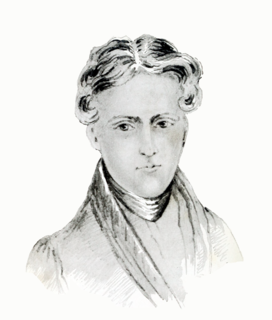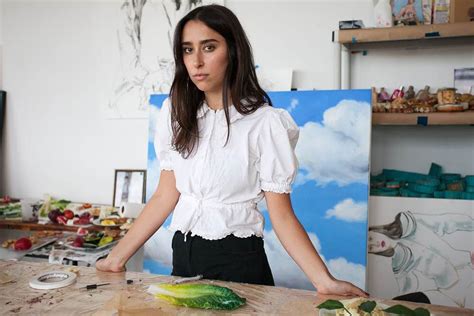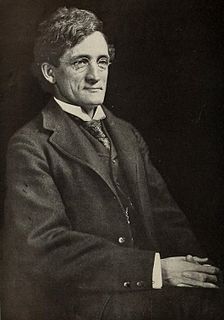A Quote by Eric Hoffer
We are least open to precise knowledge concerning the things we are most vehement about.
Related Quotes
Magic is a faculty of wonderful virtue, full of most high mysteries, containing the most profound contemplation of most secret things, together with the nature, power, quality, substance and virtues thereof, as also the knowledge of whole Nature, and it doth instruct us concerning the differing and agreement of things amongst themselves, whence it produceth its wonderful effects, by uniting the virtues of things through the application of them one to the other.
I may say that here, as in most cases where the operations of nature interfere with the designs of man, it is not by a direct intervention on our part that we may remedy the difficulties, but rather by a precise knowledge of their causes, which may enable us, if not to check, at least to avoid the evil consequences.
I think seeing is about truly looking, observing, and taking things in with an open mind. It's easy to see things at face value but some of the most beautiful things are not apparent at first glance. The works that stick with me and that I find to be most beautiful are often not aesthetically inviting right off the bat. So I think having an open mind and allowing the lines to blur between art, music, fashion, food, what have you, all leads to cultivating a much more open and enjoyable aesthetic sensibility.
An open mind, in questions that are not ultimate, is useful. But an open mind about the ultimate foundations either of Theoretical or of Practical Reason is idiocy. If a man's mind is open on these things, let his mouth at least be shut. He can say nothing to the purpose. Outside the Tao there is no ground for criticizing either the Tao or anything else.
Storytelling awakens us to that which is real. Honest. . . . it transcends the individual. . . . Those things that are most personal are most general, and are, in turn, most trusted. Stories bind. . . . They are basic to who we are. A story composite personality which grows out of its community. It maintains a stability within that community, providing common knowledge as to how things are, how things should be -- knowledge based on experience. These stories become the conscience of the group. They belong to everyone.



































